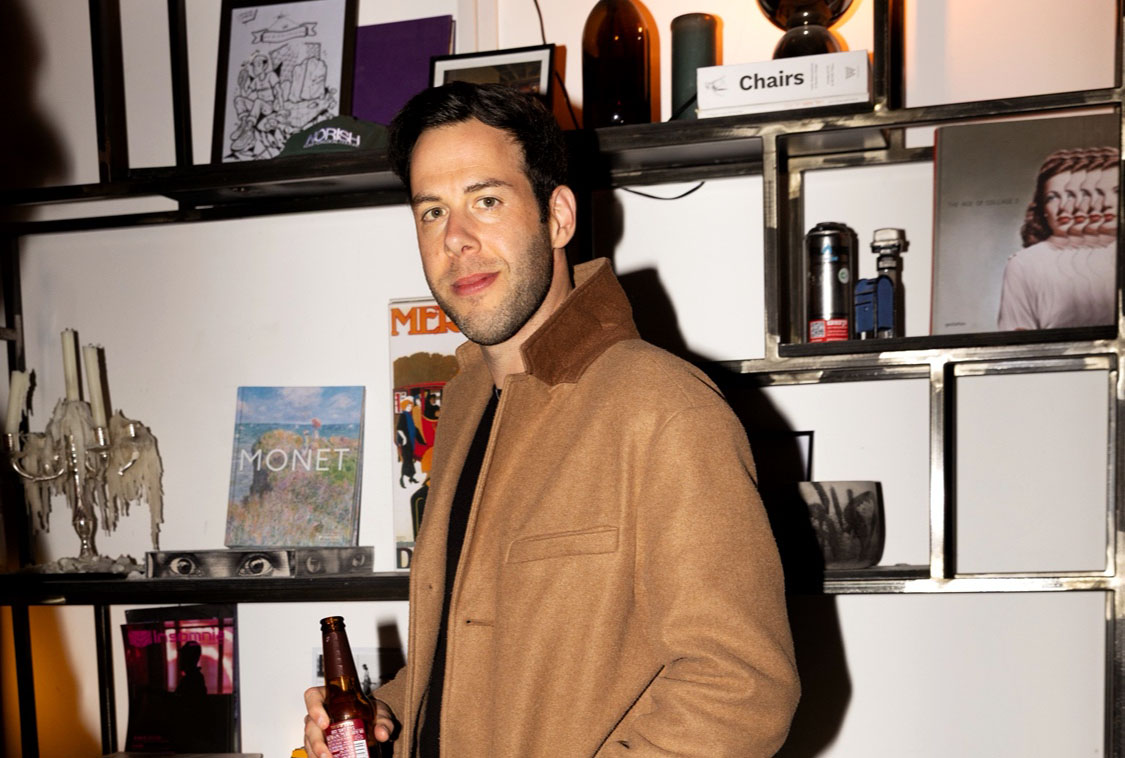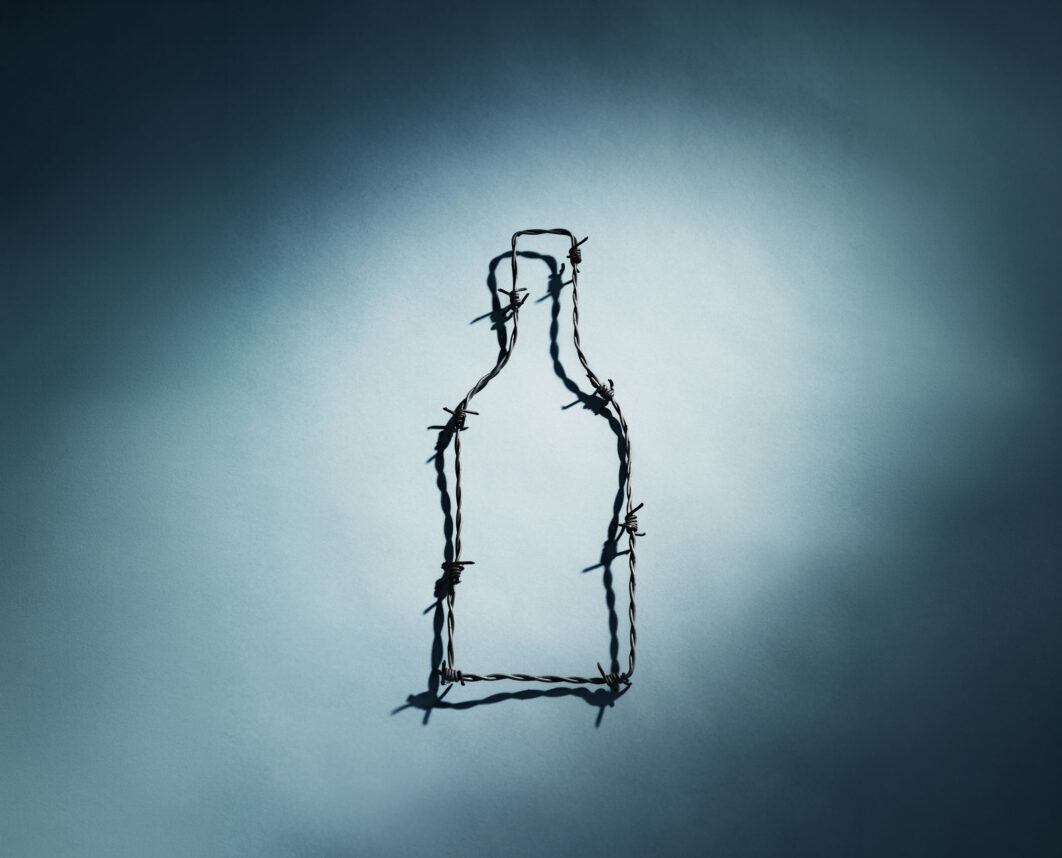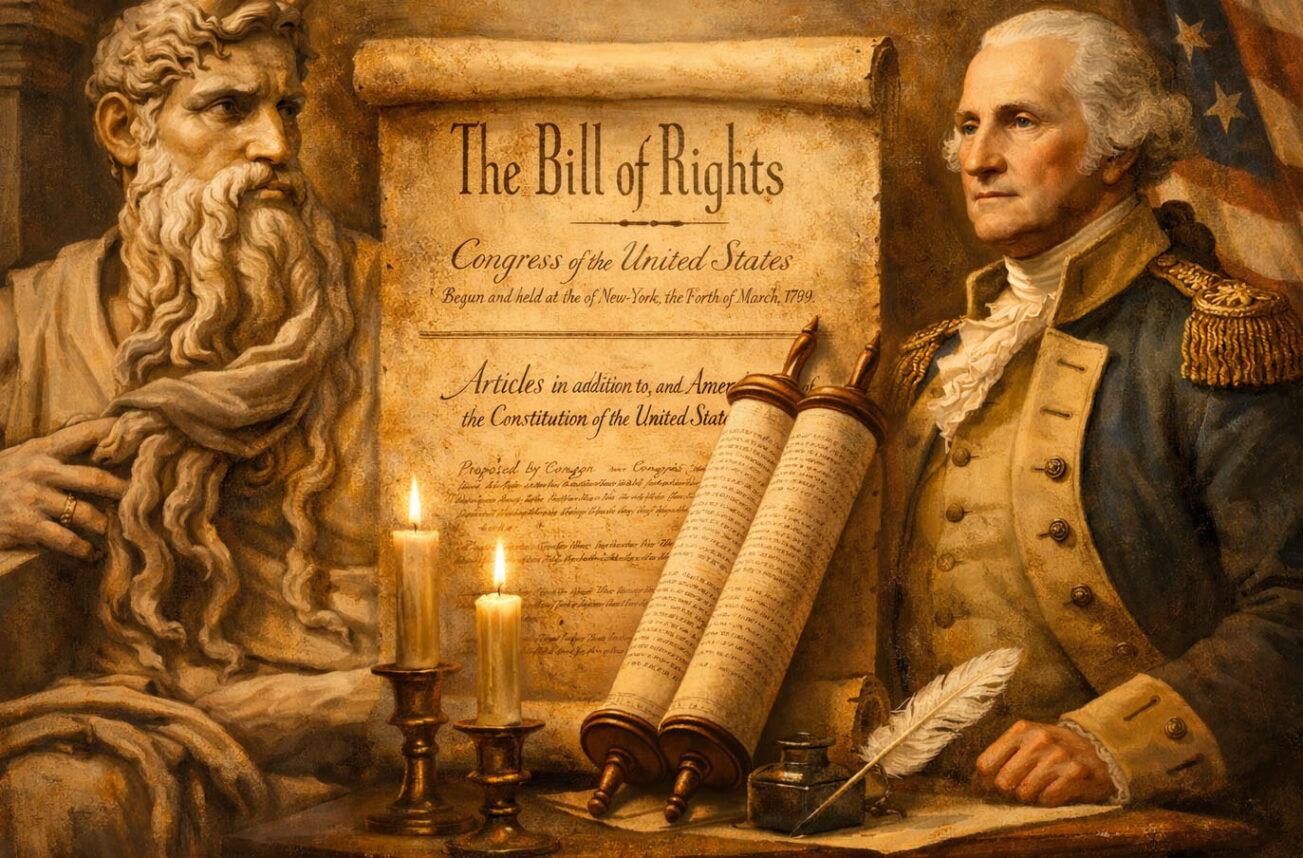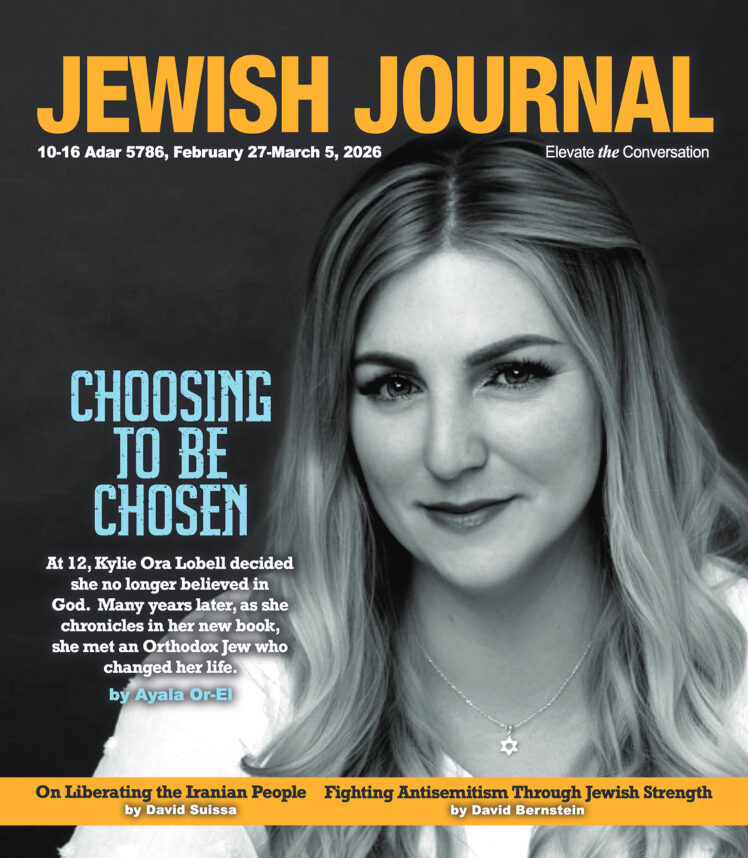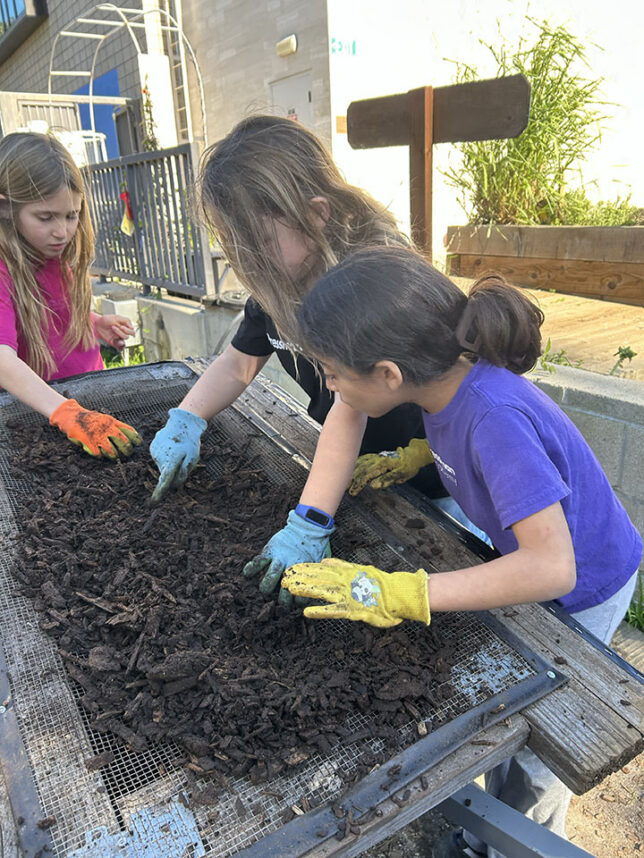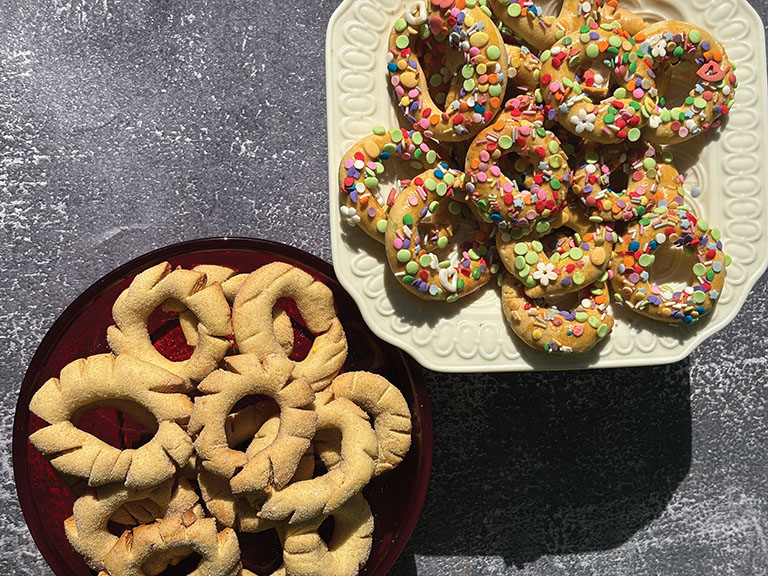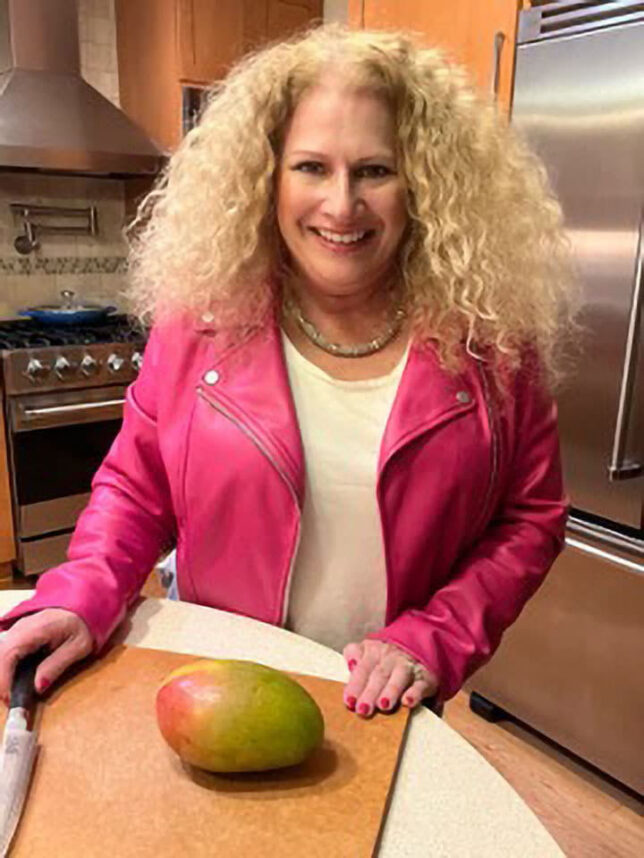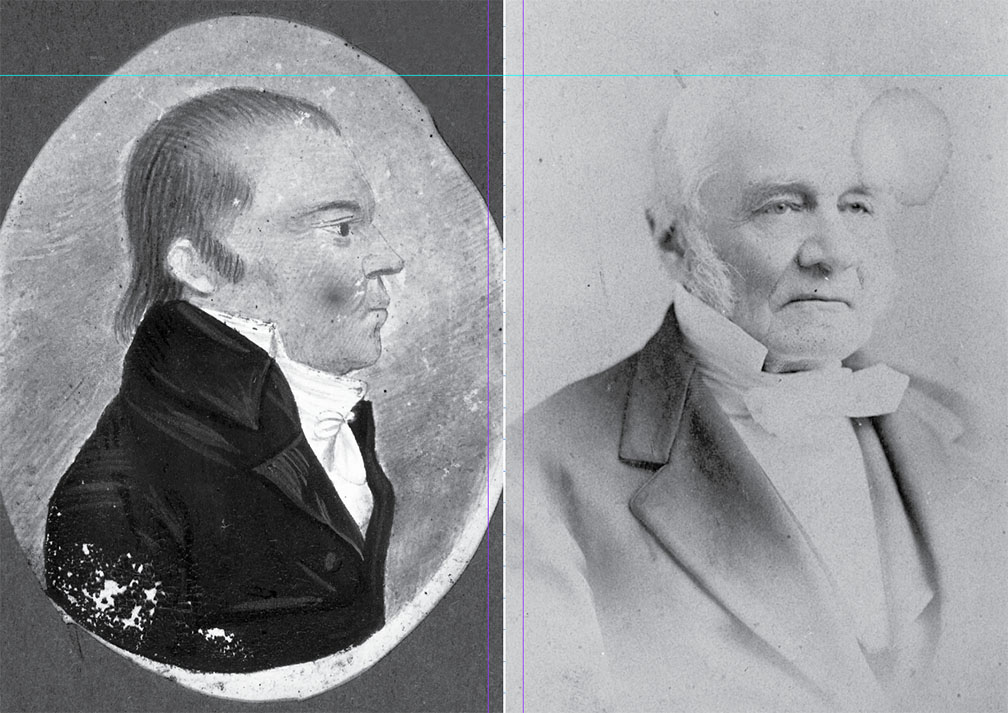
Noah Rothbaum is a font of whiskey guidance. In his new book“The Whiskey Bible: A Complete Guide to the World’s Greatest Spirit,” Rothbaum solves some of the biggest whiskey mysteries, busts many whiskey myths and shines a light on the pivotal role of Jewish immigrants in bringing whiskey to America.
Rothbaum, who has traveled the globe in search of a good drink, first gained interest in the subject when he was in college; he did an internship at “Food and Wine” magazine, when whiskey was being revived after being literally on the rocks.
“At the time the whiskey industry was coming back alive after a couple decades of really hard times, when nobody wanted whiskey around the world,” Rothbaum told the Journal. “It was kind of exciting to meet these people who were breathing new life into the whiskey industry and taste their whiskey.”
Whiskey became a real passion for the James Beard Award-winning journalist, who also wrote “The Art of American Whiskey: A Visual History of the Nation’s Most Storied Spirit, through 100 Iconic Labels” and “The Business of Spirits: How Savvy Marketers, Innovative Distillers, and Entrepreneurs Changed How We Drink.”
“In many ways, American Jews invented whiskey in this country or at least helped popularize it, around the turn of the century, the late 1800s to 1900s,” he said.
Because of the laws of kashrut, Jews were accustomed to making their own alcohol. This happened in the old country, whether that was Poland or Russia or Germany. In some of those countries, like Poland, Rothbaum explained, they were also making alcohol for non-Jews. Taverns and inns doubled as distilleries.
When Jews started emigrating to America and Canada en masse in the 1800s, they realized their knowledge of making alcohol would come in handy. People were thirsty and needed their help making alcohol.
“Even though Jews represented a very small part of places, like Louisville, Kentucky, they were overrepresented in the production of alcohol and whiskey,” Rothbaum said. “We have folks like IW Bernheim [whose] brand is IW Harper; he gave it a very gentile name, I think, in hopes that it would sell better. And it did.”
The Bronfmans came from Bessarabia to Canada, and started a liquor company that ultimately became Seagrams, Rothbaum continued. Their main competitor was a company called Schenley, which was started by Louis Rosenstein. The Blum family of Chicago were the main investors in Jim Beam, after Prohibition. The list of Jews in the business of spirits goes on and on.
“I have this theory about alcohol where people made alcohol out of whatever was available, whether that’s grapes or grain or potatoes or old shoes or whatever it is,” Rothbaum said. “When Jews lived in certain places where grapes grow, like Israel, they made wine.”
In places like Eastern Europe, grapes were much harder to come by, so they made other types of alcohol.
“Fortunately the rules for making spirits are a lot simpler than the rules for making wine,” he said. “Most whiskey by its very nature is kosher … because there’s only really three ingredients: water, yeast and grain.”
He added, “The fourth ingredient is the barrel, because all whiskey comes off the still clear; the color and so much of the flavor comes from the barrel.”
Given his background, Rothbaum knew plenty about whiskey, when he started this project. Yet, there was so much more to learn.
“It’s always such a humbling experience,” Rothbaum said. His publisher, Workman, had released “The Wine Bible” and “The Beer Bible.” “The Whiskey Bible” completes the series.
“It blew me away that they were offering this to me, but also what [the endeavor] would entail,” he said. “I finally came to my senses fairly quickly and … that sent me down this crazy [path] to try to get all the whiskey knowledge in my head, but also just of all the whiskey knowledge in the world into one book.”
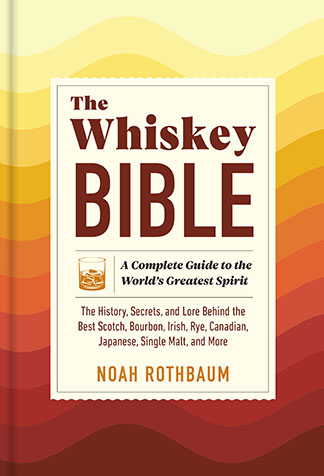 “The Whiskey Bible” is more than 600 pages of knowledge, history and stellar recipes from bartenders from around the world.
“The Whiskey Bible” is more than 600 pages of knowledge, history and stellar recipes from bartenders from around the world.
“I wanted folks to feel empowered and savvy,” Rothbaum said. When someone hears something about whiskey, whether it’s from their colleague, a know-it-all friend or they see a movie where somebody’s drinking it, they can pull out “The Whiskey Bible, flip to that page or section and see what’s what.
Rothbaum believes whiskey fulfills people in a deeper way than just drinking.
“Obviously, I love drinking whiskey and the flavors and the experience of having a drink, but there’s also the fulfillment on other levels,” he said. “There’s that connection to the people who made it, to the place where it was made and the story behind it, and all of that stuff usually gets lost… I wanted people, while they’re enjoying their drink, to be able to read about the back history and all that insider knowledge that they often don’t get to experience.”
“One of my favorites is a recipe called the penicillin by my friend Sam Ross,” Rothbaum said. “This is a cocktail that calls for two different types of scotch – more of the mellow, blended scotch and then also the super smoky scotch, which you don’t generally see in cocktails, but it’s just a whisper – so you get that beautiful kind of peaty smoky hit when you pick up the glass.”
It also calls for ginger syrup.
“What I love about Sam’s cocktail is that it doesn’t go back hundreds of years; he created it less than 20 years ago, and … and people all over the world now make this drink,” he said.
When Rothbaum asked where the name came from, Ross said that when he was smelling the cocktail – the different kinds of notes from the whiskey and the honey ginger syrup and the citrus – it reminded him of chicken soup aka Jewish penicillin.
“He shortened the name from Jewish penicillin to penicillin, which gives the drink this very sort of old-timey feel and sort of a gravitas,” Rothbaum said. “I think it’s hilarious that it came [from] the fact that [it] reminded Sam of chicken noodle soup.”
Get the Sam Ross’ penicillin recipe below.
Get “The Whiskey Bible” at your favorite bookstore and follow @Noah_Rothbaum on Instagram.
-
For the full conversation, listen to the podcast:
Penicillin
Created by Sam Ross
The Penicillin is one of the most successful whiskey drinks to be created since the rebirth of the cocktail. The recipe was thought up by Sam Ross when he was working at the pioneering New York bar Milk & Honey. (This is the same Sam Ross who created the Paper Plane.) The secret of the drink is also its most unusual element—a drop of smoky Islay Scotch. It pairs beautifully with the ginger, lemon, and honey, and turns a decent cocktail into a modern classic. The Penicillin proves that big-and-bold Scotch deserves to be used in more cocktails.
INGREDIENTS
2 ounces (60 ml) Scotch
¼ ounce (5 ml) Islay Scotch
¾ ounce (20 ml) lemon juice
¾ tablespoon (10 ml) honey syrup (3 parts honey, 1 part water)
¾ tablespoon (10 ml) sweetened ginger juice (4 parts ginger juice, 3 parts sugar)
GLASS: Rocks
GARNISH: Candied ginger
DIRECTIONS
Combine all of the ingredients except the Islay Scotch in a shaker and fill it with ice. Shake, then strain into a rocks glass filled with ice. Float the Islay Scotch on top by pouring it over the back of a spoon. Garnish the rim of the glass with a piece of candied ginger.
Excerpted from The Whiskey Bible by Noah Rothbaum (Workman Publishing). Copyright © 2025.
Debra Eckerling is a writer for the Jewish Journal and the host of “Taste Buds with Deb.” Subscribe on YouTube or your favorite podcast platform. Email Debra: tastebuds@jewishjournal.com.














